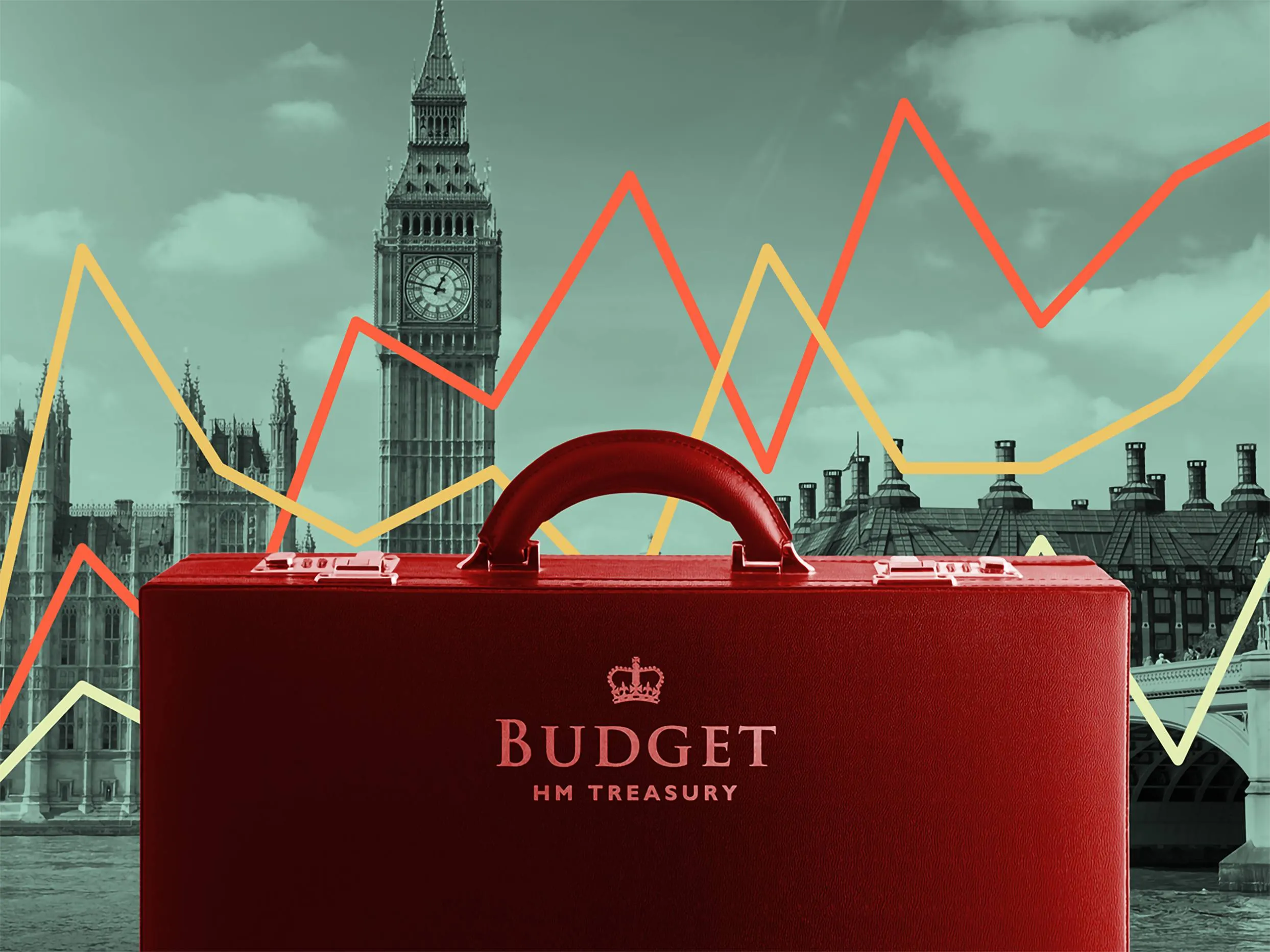Politics
Predictions for the UK Budget 2026 and Economic Priorities

As discussions begin around the UK Budget for 2026, the government faces a complex economic environment shaped by global uncertainty, domestic spending pressures and shifting political expectations. Policymakers must balance public service funding with fiscal responsibility while managing inflation, investment needs and long term growth challenges. The 2026 Budget will reflect national priorities at a time when the economic landscape is undergoing rapid change. Analysts across London expect the coming budget to outline a clearer direction for public finances and long term development.
Managing inflation and cost of living pressures
Although inflation has eased from previous highs, households continue to experience pressure from elevated food prices, higher mortgage payments and rising energy costs. The Budget will likely focus on targeted measures to support lower and middle income families. Options include adjustments to income tax thresholds, energy bill relief extensions and expanded support for childcare. The government faces pressure to deliver visible relief without significantly increasing public borrowing. This balance will be a central theme in Budget debates.
Funding challenges across public services
Public services including healthcare, education and local government remain under financial strain. The National Health Service faces long waiting lists and staffing shortages, while schools and councils are managing rising operational costs. The 2026 Budget is expected to outline further allocations aimed at stabilizing essential services. However, increased spending must align with broader fiscal plans. Policymakers will need to decide whether to prioritize immediate service improvements or adopt a more gradual approach to financial support.
Investment in long term economic growth
A key expectation for the 2026 Budget is a stronger focus on investment designed to lift long term productivity. Economists argue that the UK must increase support for innovation, advanced manufacturing, research and digital infrastructure to remain competitive. Business leaders are calling for incentives that encourage investment in technology, automation and clean energy transitions. This includes potential tax benefits for research and development, targeted industrial grants and initiatives to boost regional development. A long term vision is essential to reverse stagnant productivity trends.
Addressing workforce skills gaps
Skills shortages across technology, healthcare, engineering and construction are slowing economic growth. The government may use the upcoming Budget to expand vocational training programs, create incentives for apprenticeships and invest in digital skills development. Strengthening the future workforce is particularly important as the UK adapts to new industries such as artificial intelligence, green technology and advanced robotics. Budget decisions in this area will affect both employers and workers long into the future.
Supporting businesses during economic transition
The business community faces rising operational costs and uncertain demand conditions. Small and medium sized enterprises are calling for more predictable tax schedules, relief measures for energy costs and simplified regulations. Large companies are seeking clarity on post Brexit trade rules and long term investment frameworks. The 2026 Budget may include updates to business rates, targeted support schemes and measures designed to encourage sustainable growth. Supporting businesses remains essential for job creation and national competitiveness.
Green investment and climate commitments
Environmental priorities will feature prominently in the upcoming Budget as the UK continues its climate commitments. Investments in renewable energy, electric vehicle infrastructure and low carbon technologies are expected to remain high on the agenda. The government may introduce new incentives for households to adopt energy efficient upgrades, as well as support for industries transitioning to cleaner operations. These measures not only support climate goals but also stimulate economic innovation across the green sector.
Balancing borrowing and fiscal responsibility
One of the key challenges for the 2026 Budget is finding a balance between spending and borrowing. Public debt remains elevated, and global financial conditions require cautious fiscal management. The government must decide how much flexibility it has to increase borrowing for investment without undermining market confidence. Analysts expect a disciplined approach with selective increases targeted toward high impact projects. Fiscal responsibility will influence the tone and direction of the entire Budget.
A Budget shaped by political and economic realities
The UK Budget for 2026 will be shaped by a mix of economic priorities and political expectations. Voters are looking for stability, affordability and improved public services, while businesses want clarity and long term direction. The government must deliver a coherent plan that addresses immediate pressures while laying the foundation for future growth. The decisions made in the 2026 Budget will influence the UK’s economic outlook for years to come, making it one of the most closely watched policy events of the coming year.






















